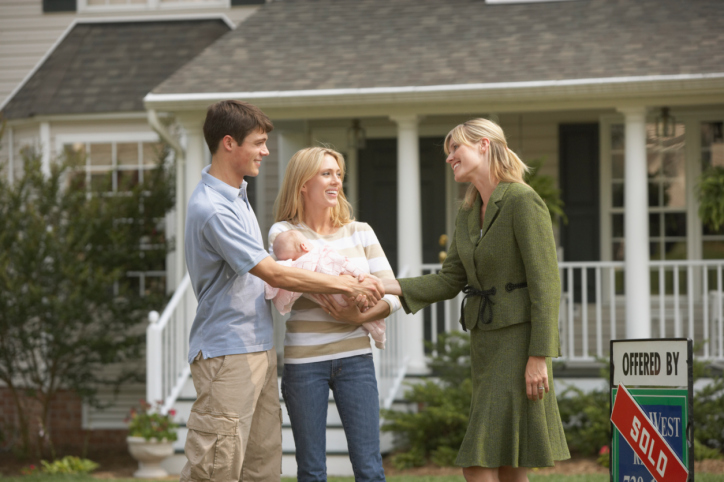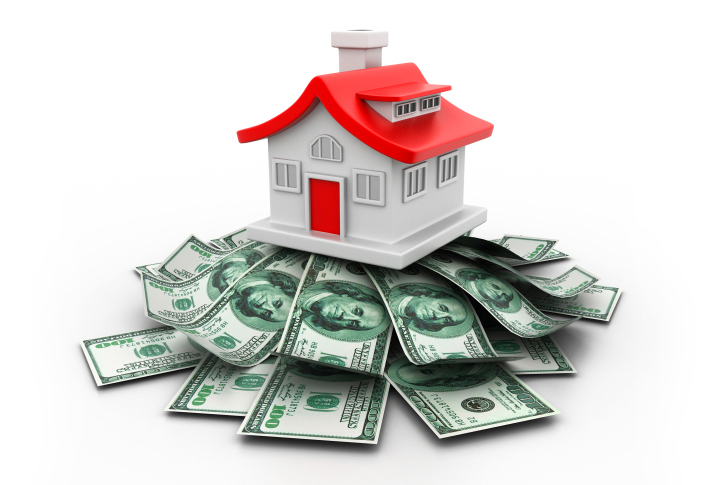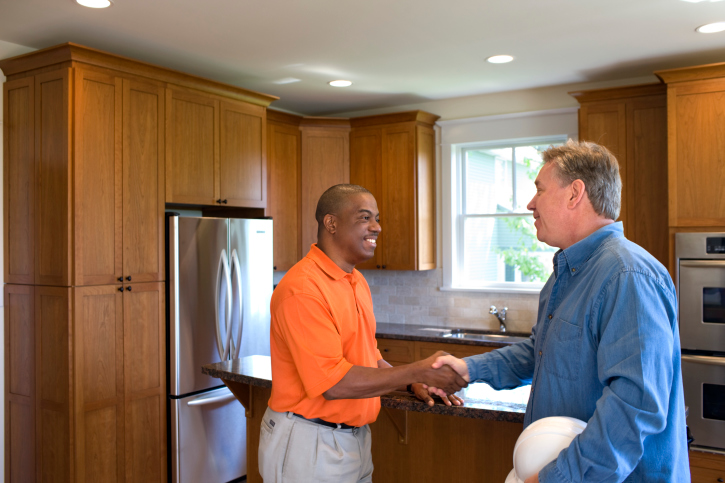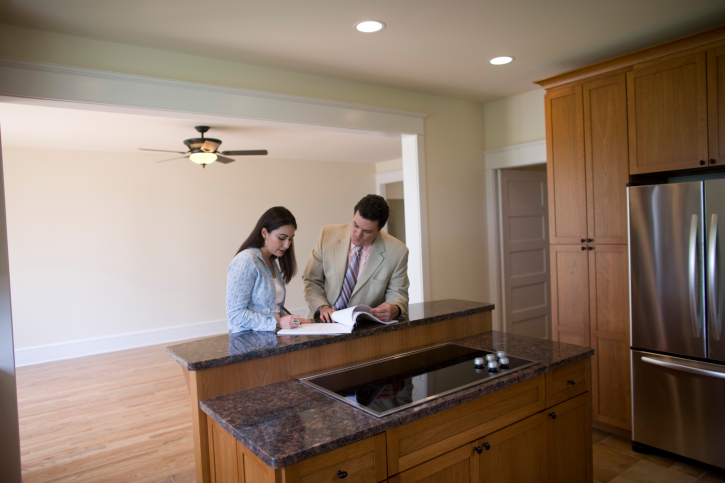 Are you ready to make that leap from living at home or renting to owning a home of your own? While everyone moves at their own pace, here are some signs that you can use to determine if it is time to own your own home. Let’s take a look at some of the reasons you can use to justify your decision.
Are you ready to make that leap from living at home or renting to owning a home of your own? While everyone moves at their own pace, here are some signs that you can use to determine if it is time to own your own home. Let’s take a look at some of the reasons you can use to justify your decision.
Are You Sticking Around?
If you plan on moving soon for a job or think that you won’t be in town much longer, it may be better to rent. However, if you are thinking about living in the same town or within the same county for years to come, it is time to put down roots.
The stability that comes with home ownership may make you more prepared for a marriage and/or a family if that is something that you want. This stability may make you more attractive if you are single and searching for a long-term relationship.
Do You Have a Steady Job?
Those who have a steady job and know that they have a stable salary may want to make the move to home ownership. As long as there aren’t any other major debts eating into your income, you can probably handle a mortgage and other costs associated with home ownership.
The equity that you build in your home can help you build wealth for the future if and when you want to retire. Your home may also make a great rental property in the future, which can help you diversify your portfolio and keep you solvent for years to come.
You Are Spending More Time Watching Television Shows Related to Home Ownership
You may have caught yourself recently watching shows revolving around people or couples who are looking for homes. You may also be watching programs dedicated to giving tips as to how you can upgrade your home. If you watch these shows frequently, it may be a sign that you are ready to move out on your own and take on the exciting challenge of being a homeowner.
Are you ready to be a homeowner in the near future? Only you can say for sure if it is time to make that leap. However, those who are looking for a long-term housing solution may be ready to make that move. For more information, it may be worthwhile to talk to a real estate agent today.
 Are you a homeowner who is thinking about selling their current home and making an upgrade to a newer, larger home?
Are you a homeowner who is thinking about selling their current home and making an upgrade to a newer, larger home? You’ve found the perfect new house or condo, and you are now preparing an offer that you believe the seller will find tempting enough to accept. However, you know that there are going to be thousands of dollars in closing costs that need to be paid before the sale is completed and you become the home’s new owner.
You’ve found the perfect new house or condo, and you are now preparing an offer that you believe the seller will find tempting enough to accept. However, you know that there are going to be thousands of dollars in closing costs that need to be paid before the sale is completed and you become the home’s new owner. With mortgage bubbles and real estate issues still in recent memory, one might feel that their best option is to buy their next home using cash instead of borrowing the necessary funds. In today’s article we’ll explore the pros and cons of paying cash for that next house or condo.
With mortgage bubbles and real estate issues still in recent memory, one might feel that their best option is to buy their next home using cash instead of borrowing the necessary funds. In today’s article we’ll explore the pros and cons of paying cash for that next house or condo. Buying a home is a huge step for people who are ready to make an investment in their future. Getting a great deal on a home is just as important and knowing how much to offer could be confusing. It is important to make sure the home seller is not insulted by the lowball offer and is ready to negotiate to make sure everyone wins.
Buying a home is a huge step for people who are ready to make an investment in their future. Getting a great deal on a home is just as important and knowing how much to offer could be confusing. It is important to make sure the home seller is not insulted by the lowball offer and is ready to negotiate to make sure everyone wins. The purchase agreement is a vitally important document that outlines the provisions, terms and conditions for the transfer of property.
The purchase agreement is a vitally important document that outlines the provisions, terms and conditions for the transfer of property.